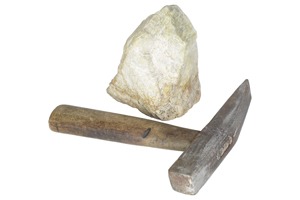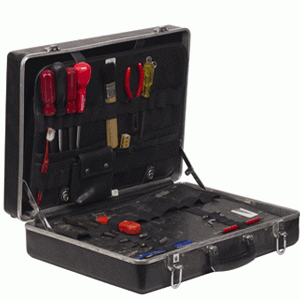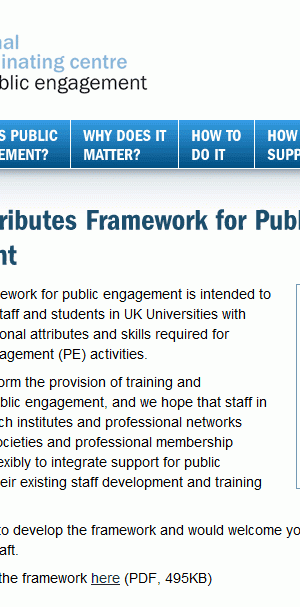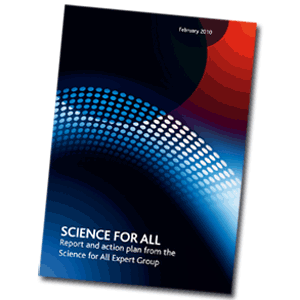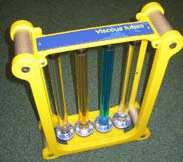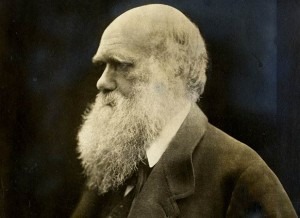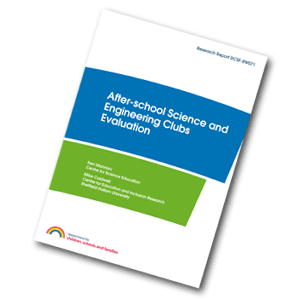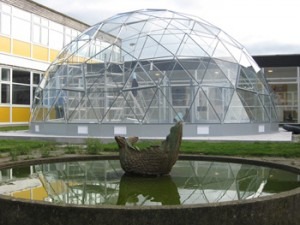In 2008, we were appointed to conduct an evaluation of the Engineering and Physical Sciences Research Council (EPSRC) Partnerships for Public Engagement (PPE) scheme.
The programme aimed to foster engagement between the EPSRC funded research community and the public, in order to stimulate greater understanding about the issues and opportunities that arise from research.
The evaluation involved extensive consultation with a variety of stakeholder groups including award holders, unsuccessful applicants, external stakeholders in public engagement, public engagement staff at EPSRC and mentors to the PPE scheme.
We used a number of approaches from telephone interviews with award holders, to focus groups with mentors and internal stakeholders, through to a consultation workshop with high level, external stakeholders. The workshops and focus groups made use of knowledge audits, breakout group discussions and facilitated whole discussions. Outcomes were recorded by a rapporteur.
Summaries of the outcomes of each of these different consultations were then produced, to inform a SWOT analysis of the programme. We made a number of strategic recommendations for an overhaul of the scheme, which EPSRC began to implement.
The scheme has now ended.





